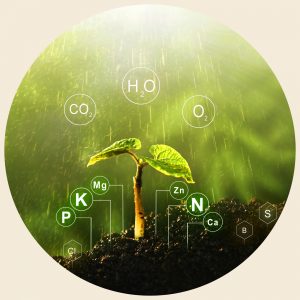Research Themes
Below are the overarching Research Themes the Metabolism Lab is working on. You can drill down on each theme to learn more about its specifics, the people working on them and our scientific publications.
Overview
Small molecules are compounds synthesized by plants for both plant development and protection from environmental stresses, and for communication with other organisms, an important ecological function. Soil-borne diseases and other underground stresses are big threats to our crops, and we are just beginning to understand the intricate network of belowground biology; the role of plant small molecules in this is much more complicated and important than anticipated. The research interests of the Metabolism Lab are to discover new roles of small molecules in crop protection and to understand the molecular mechanisms underlying the belowground, inter-kingdom, metabolic interactions and the effects on this of (1) evolution, (2) nutrient availability, and (3) biotic interactions, and translate this knowledge into applications of biotechnological, medical and environmental interest.

Evolution
We study the structural diversity and functional plasticity of small molecules produced by plants and other belowground microscopic organisms, in the process of microevolution (domestication/genetic variation) and macroevolution (across species/families).
Nutrient Availability
In this research theme we are interested in finding small molecules that play a role in mitigating plant nutrient shortage. How nutrient availability influences the production of these small molecules and how these small molecules help plants to obtain more nutrients.


Biotic Interactions
In this research theme, we study the role of biosynthesis, transport, and perception of small molecules, in the chemical communication between plants and other organisms.
